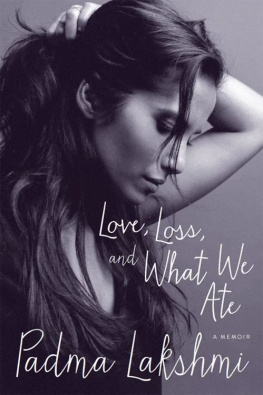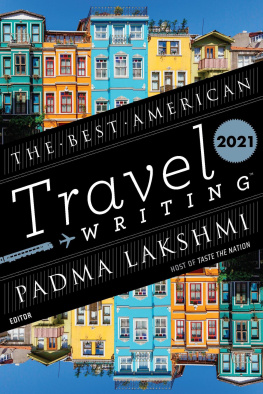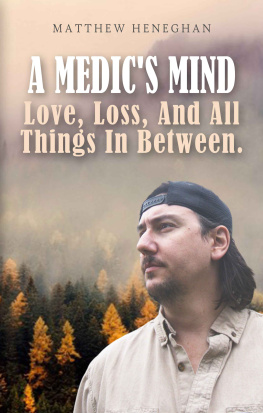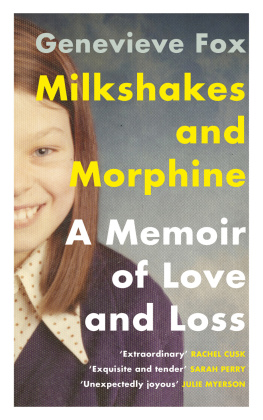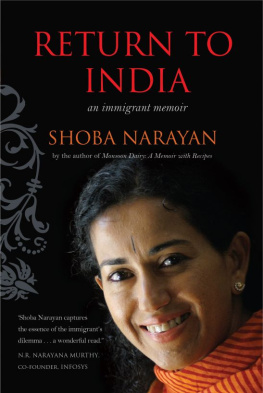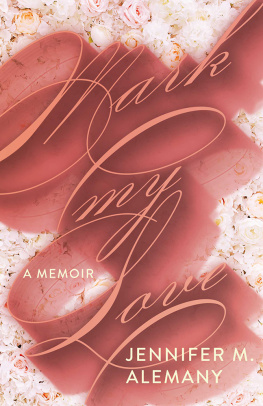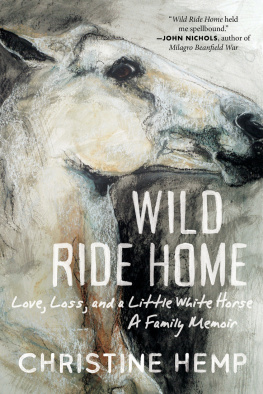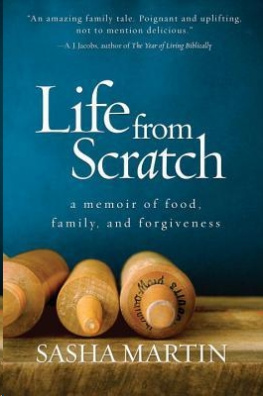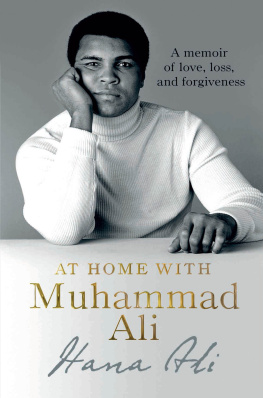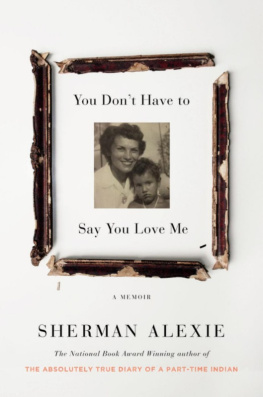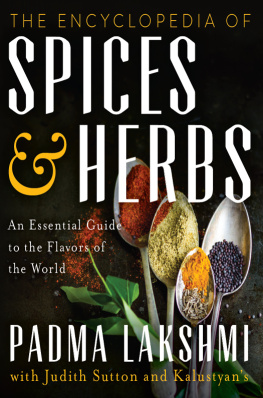The heart knows no pain sharper than loves arrow.
I t was the end of summer and the end of a life as I had lived it. The year was 2007. Inside the Surrey Hotel, which I would come to call the Sorry Hotel, then a musty residential place (much like the Chelsea Hotel, but without the artists), I sat on the floor with cardboard boxes towering all around me. These walls and floors cloaked in dusty beige and brown, with a linoleum- and Formica-laden kitchenette, would be my refugea place where the displaced, like me, put themselves.
One month earlier, I had finished moving out of my beautiful home: taking the last pictures off the walls, wrapping the last trinkets in tissue, and finally, nauseatingly, separating the wedding photos into two neat piles. Everything I had been carting from one stage of my life to another, to remind me of me, was in the boxes that surrounded me. And there were so many of them now, just days before my thirty-seventh birthday. But so little left of me. At the end of a marriage, no one wins. There is only anger, sorrow, guilt, emptiness, and defeat. Outside, it rained. There had been many rainy nights that summer.
I had been sitting, staring at nothing, for so long that my tailbone had started to throb. Far off, the muffled sound of a phone ringing and ringing finally penetrated my daze. As I rose to silence the phone, shifting my weight, I felt the sharp, sudden pull of surgical stitches on my abdomen. I reached out to steady myself against a box. As I did, it shifted. I heard the silky, scratchy rustle of cellophane against cardboard. Down tumbled dozens of dusty kumquats, from a bag that had been perched precariously on top of the stack. They were a gift from my worried mother, shipped from her garden in Los Angeles. When the avalanche stopped, my gaze focused on the bright, beautiful fruit, the orbs glowing orange against the dull backdrop of everything else. The man I had left was like that: he could illuminate any room, no matter how dim.
My future husband and I had met eight years earlier, in 1999, in the shadow of the Statue of Liberty. After my European modeling career had more or less come to a close in the late nineties, I embarked on a professional acting career in Italy. Starting in 1997, I also began to cohost an Italian television show called Domenica In. I was surprisingly busy with work, and after acting in two period miniseries in 1998, decided to build on what I hoped was a burgeoning career by moving back to L.A., where I had lived as a teenager. I came to New York frequently, too, as most of my friends and extended family lived there. I was finding my way again in the U.S. after spending most of my twenties in Europe. For the first time since college I was single. I dated some, but not seriously. Instead, I focused on auditions and on writing and then on promoting my first cookbook, Easy Exotic: A Models Low-Fat Recipes from Around the World.
For my first role, I had to gain twenty pounds, which was a cinch and a pleasure. Best three months of my life. Losing the weight after filming ended, not so much. I wanted to do it in a healthy way. The regimen I came up with was not quite a diet. There was no deprivation involved, mainly because deprivation is miserable: the more brutal or austere the diet, the harder it is to keep. Instead, I tweaked recipes for my favorite foods from around the world in an attempt to excise calories but not flavor. And those recipes became Easy Exotic. I landed a publishing contract for the book largely because, well, everyone wants to know what a model eats.
Tina Brown, exVanity Fair and New Yorker editor, had recently founded a new magazine, Talk, as well as a publishing imprint, Talk Books, in conjunction with Miramax Books. My book, left over from the previous Miramax list, was one of her first books. I doubt my silly little cookbook, closer to pamphlet than proper volume, was her first choice. But somehow, I was invited to the new magazine and book imprints launch party, a Great Gatsbian affair on Liberty Island. It is still the best party I have ever been to, except of course for my own wedding, five years later.
On a balmy, beautiful August night, I came with a few friends, including my book editor (who would eventually become one of my bridesmaids). We all boarded the ferry and arrived at a fete lit by candles. Tina had invited such a strange and wonderful mix of people, a combination of the high-minded and the popa particularly glamorous herd of heads of state, cultural taste makers, movie stars, artists, models, writers, and other starstruck dilettantes like myself. After all, this was the woman who as editor in chief of The New Yorker had devoted (to jeers as well as to applause) an entire issue to fashion, starring writers like John Updike. She employed similar juxtapositions on the pages of Vanity Fair, too, and it had served both the magazine and her reputation well. It was what Tina was very good at. She brought really interesting people from the far ends of the cultural spectrum together. She enjoyed it. And she had the power to do it. It is a very important lesson in good hosting and curating that I still use today. This time, that room just happened to be all of Liberty Island. I found myself in an electric-turquoise Calypso slip dress (so nineties), laughing and dancing with the likes of Henry Kissinger, Todd Solondz, and Madonna, excited about my first book and my new life back in America. Colorful fireworks lit the sky.
There was certainly magic at work that night. Typically, parties are the perfect setting for the spectator sport that is people-watching. But, whether intentionally or not, this party was so dimly lit that you couldnt quite see who the other guests were. There were low-wattage fairy lights strung about, powered by generators, but that was it. If you wanted to really experience the party and its luminaries, you had to dive in and walk around, get up close and personal. I found myself passing a very fair-skinned Indian man who looked familiar. We both turned somehow just in time as our eyes met. As we talked, I developed a hunch that this twinkly-eyed man with his arched eyebrows, salt-and-pepper beard, bald pate, and sharp nose might be Salman Rushdie. I was a teenager when the trouble had started, but even then Id seen the imagesI imagine most Indians hadof the man, our own Hemingway, whose life was under threat for his book The Satanic Verses and its supposed affront to Islam. His eminence was compounded by the controversy. But this man couldnt be him. He seemed to know all about me. He asked me about my life in Italy, my childhood in Madras. I decided he was probably some distant uncle.
At some point, he gave me what even a naf like me recognized as a pickup line. Ive always been interested in Indian diaspora stories, he said, or something like that. Perhaps we could talk about yours. I was game, I told him. We exchanged numbers. Can you write your full name? I asked, which must have seemed odd, but he said nothing and did. Aha! I thought, as I read the scrawl. It is him. I wasnt thinking very clearly but at least Id have his autograph. This is how removed from my life this man was.
The next morning, I was in NoLIta, contemplating a Tracy Feith mustard-yellow scarf dress, when I got a call from a man with an Anglo-Indian accent. Sorry, wrong number, the man said, and hung up. How strange, I thought as I bent over with the dress still half over my head in the tiny fitting room. I called back the number that now appeared on my nifty new cellular telephone. Salman, is that you? Are you

